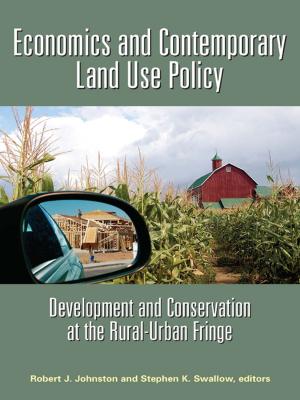| Author: | D.W. Harding | ISBN: | 9781317602859 |
| Publisher: | Taylor and Francis | Publication: | November 13, 2014 |
| Imprint: | Routledge | Language: | English |
| Author: | D.W. Harding |
| ISBN: | 9781317602859 |
| Publisher: | Taylor and Francis |
| Publication: | November 13, 2014 |
| Imprint: | Routledge |
| Language: | English |
This book was written at a time when the older conventional diffusionist view of prehistory, largely associated with the work of V. Gordon Childe, was under rigorous scrutiny from British prehistorians, who still nevertheless regarded the ‘Arras’ culture of eastern Yorkshire and the ‘Belgic’ cemeteries of south-eastern Britain as the product of immigrants from continental Europe. Sympathetic to the idea of population mobility as one mechanism for cultural innovation, as widely recognized historically, it nevertheless attempted a critical re-appraisal of the southern British Iron Age in its continental context. Subsequent fashion in later prehistoric studies has favoured economic, social and cognitive approaches, and the cultural-historical framework has largely been superseded. Routine use of radiocarbon dating and other science-based applications, and new field data resulting from developer-led archaeology have revolutionized understanding of the British Iron Age, and once again raised issues of its relationship to continental Europe.
This book was written at a time when the older conventional diffusionist view of prehistory, largely associated with the work of V. Gordon Childe, was under rigorous scrutiny from British prehistorians, who still nevertheless regarded the ‘Arras’ culture of eastern Yorkshire and the ‘Belgic’ cemeteries of south-eastern Britain as the product of immigrants from continental Europe. Sympathetic to the idea of population mobility as one mechanism for cultural innovation, as widely recognized historically, it nevertheless attempted a critical re-appraisal of the southern British Iron Age in its continental context. Subsequent fashion in later prehistoric studies has favoured economic, social and cognitive approaches, and the cultural-historical framework has largely been superseded. Routine use of radiocarbon dating and other science-based applications, and new field data resulting from developer-led archaeology have revolutionized understanding of the British Iron Age, and once again raised issues of its relationship to continental Europe.















